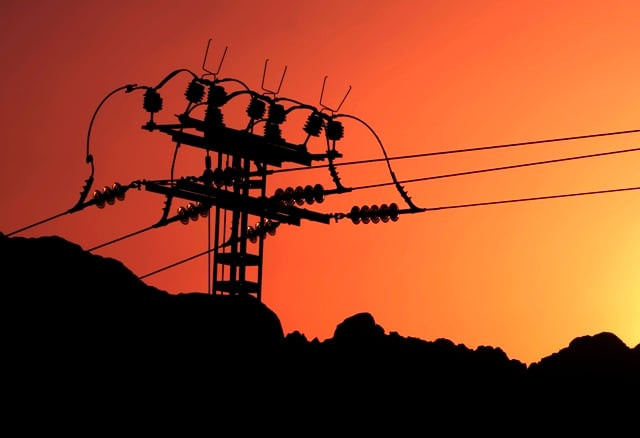Competitive power market faces delays
Despite CTBCM approval by ECC and NEPRA, single-buyer model impedes competition

Despite approvals from the Economic Coordination Committee (ECC) and the National Electric Power Regulatory Authority (Nepra), following a six-month test run by the Central Power Purchasing Agency-Guarantee (CPPA-G), the Competitive Trading Bilateral Contracts Market (CTBCM) has yet to become fully operational.
Leading stakeholders from across Pakistan's energy and policy landscape convened a high-level multi-stakeholder dialogue hosted by Renewables First (RF) to discuss financial and technical readiness for the operationalisation of a competitive electricity market, a reform process that has shown accelerated progress in recent years.
The event brought together senior government representatives, legislators, regulatory bodies, development partners, and power sector experts to chart a path forward for implementing the long-delayed market reform under the CTBCM.
The CTBCM reform has already been approved by the ECC and Nepra, followed by a six-month test run by CPPA-G. However, its commercial operation has not begun to date.
During the event, the stakeholders expressed concern that the power sector of Pakistan remains entrenched in a single-buyer model, with CPPA-G as the sole purchaser and distribution companies (DISCOs) holding exclusive distribution licences. This structure has led to escalating capacity payments, underutilised generation assets, and suppressed private-sector participation.
Ramsha Panhwar, energy analyst at Renewables First, presented a critical overview of one of the most debated aspects of the CTBCM regime: the Use of System Charge (UoSC). She pointed out that the market has remained uncompetitive primarily because these charges have not been rationalised, making them unaffordable and excessively high for market participants.
"The UoSC is a central pillar of the CTBCM regime, determining how market participants pay for access to the transmission and distribution networks. However, more than 80% of the proposed UoSC comprises stranded costs and cross-subsidy, which exacerbates the overall power tariff. It directly affects the economics of open access and competitive supply," said Panhwar. "Rethinking the UoSC with a planned and phased recovery of stranded costs reduces the overall UoSC, making it attractive and affordable for the market participants."






















COMMENTS
Comments are moderated and generally will be posted if they are on-topic and not abusive.
For more information, please see our Comments FAQ